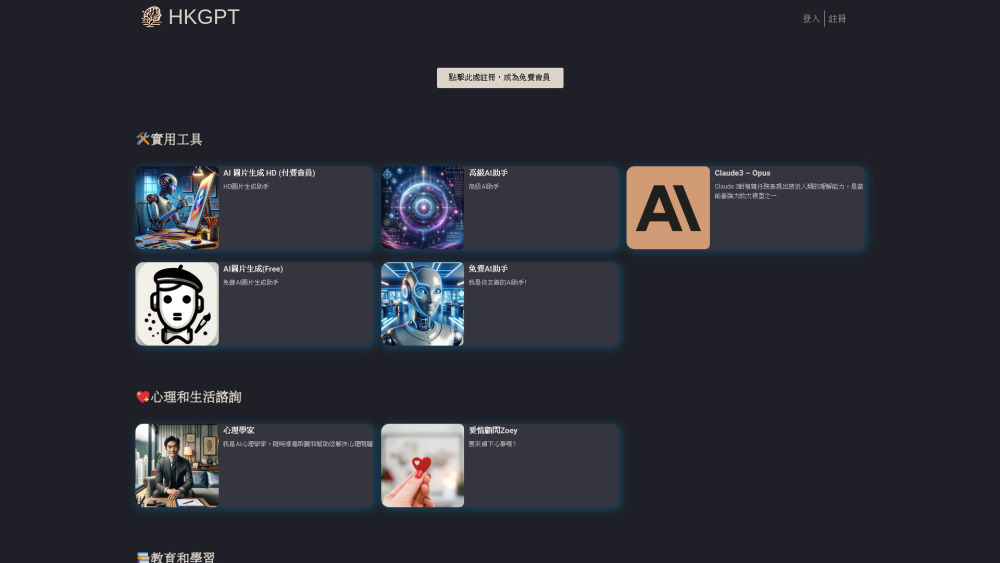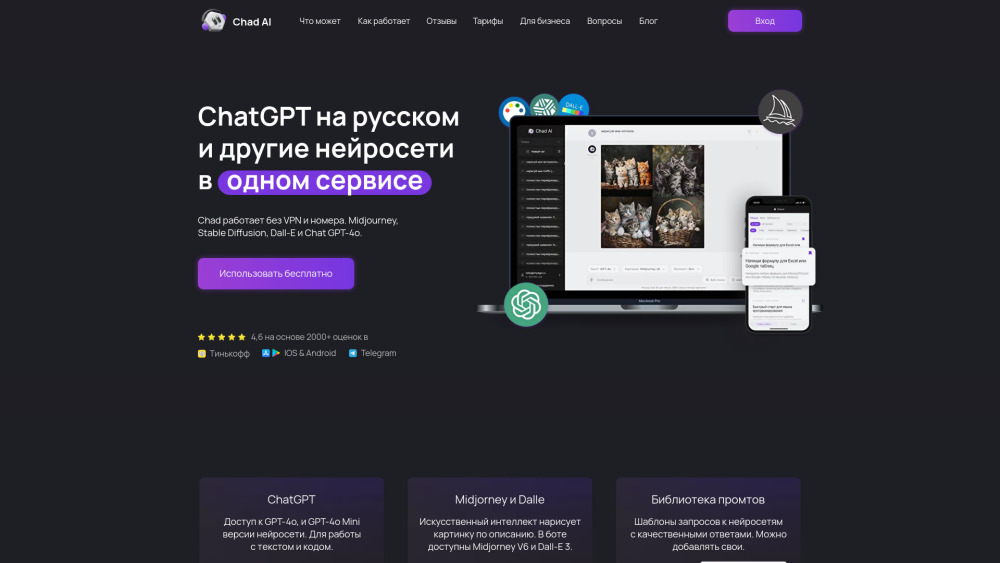User Discontent: Search Results in Chrome Yield Bing AI-Like Responses
Most people like

Welcome to our comprehensive AI tool website, designed to cater to a wide range of industries. Discover innovative artificial intelligence solutions that enhance productivity, streamline operations, and drive growth across various sectors. Join us in exploring how cutting-edge AI technology can elevate your business to new heights.

Introducing an AI chatbot designed for text generation and code analysis in Russian! This innovative tool leverages advanced artificial intelligence to assist users with a variety of writing tasks and programming challenges. Whether you need help crafting compelling content or analyzing complex code, our chatbot offers accurate, context-aware solutions tailored specifically for the Russian language. Experience seamless interaction and enhanced efficiency with this cutting-edge AI technology.

Discover the enchanting world of AI Picasso! Transform face photos into captivating dance performances that entertain and inspire.

Discover the ultimate AI tool designed for effortlessly creating stunning comics and manga. Perfect for artists and storytellers, this innovative platform simplifies the comic-making process, allowing you to bring your creative visions to life with ease. Unleash your imagination and craft compelling visuals that captivate readers, all with the power of AI at your fingertips.
Find AI tools in YBX
Related Articles
Refresh Articles
